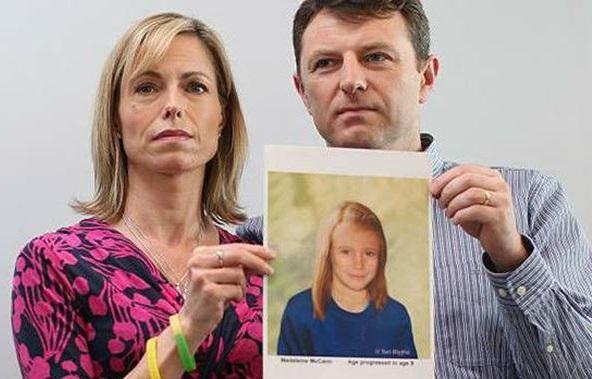Written in 2011 and published on the now defunct Suffolk Sports Forum

It has been four years since the McCanns learned that their eldest daughter, Madeleine, had gone missing. The truth about what happened on that tragic night in Portugal remains unknown. Was Madeleine killed by one or both of her parents? Did a depraved predator discover that the four-year-old and her 18-month-old siblings had been left unattended and abduct her? Or did Madeleine wander off and get taken in by a childless couple who are raising her as their own?
It seems unlikely that we will ever uncover the truth. If the McCanns are truly innocent, my heart goes out to them. However, if they are guilty, they deserve to suffer the consequences. Some lingering questions remain: why did the McCanns choose to leave their children unsupervised? If Madeleine was kidnapped, why were the twins left behind? And perhaps most concerning, why are the McCanns profiting off of their missing child?
A book has been released by the McCanns coinciding with Madeleine’s 8th birthday, which strikes me as distasteful. Capitalising on their missing child is unethical, especially considering their own involvement in her disappearance. While I don’t suggest they intentionally harmed her, why would they leave her and her siblings unattended in a foreign land?
Lorraine Kelly complimented the McCanns for their courage in sharing their story with the public, but some may disagree. True bravery lies in the 19-year-old who, after losing his legs in Afghanistan, is learning to walk again. The McCanns are now requesting a government inquiry, funded by taxpayers, which some may find unacceptable. Instead, they could use the profits from their book to cover the costs.
The media has given excessive attention to this particular case, with the McCanns being highly educated and well-off individuals. It begs the question of whether the media would have shown the same level of interest if the parents were working-class and had their child abducted from a caravan park. It’s highly unlikely.
This entire situation needs to be resolved, but it seems unlikely that we will ever learn the truth. Let’s take a moment to consider the only innocent party in all of this – Madeleine – who didn’t deserve to be left alone. If she is no longer with us, may she have passed quickly and without pain.
As a footnote here’s a final thought “Don’t EVER leave your young children unattended!”